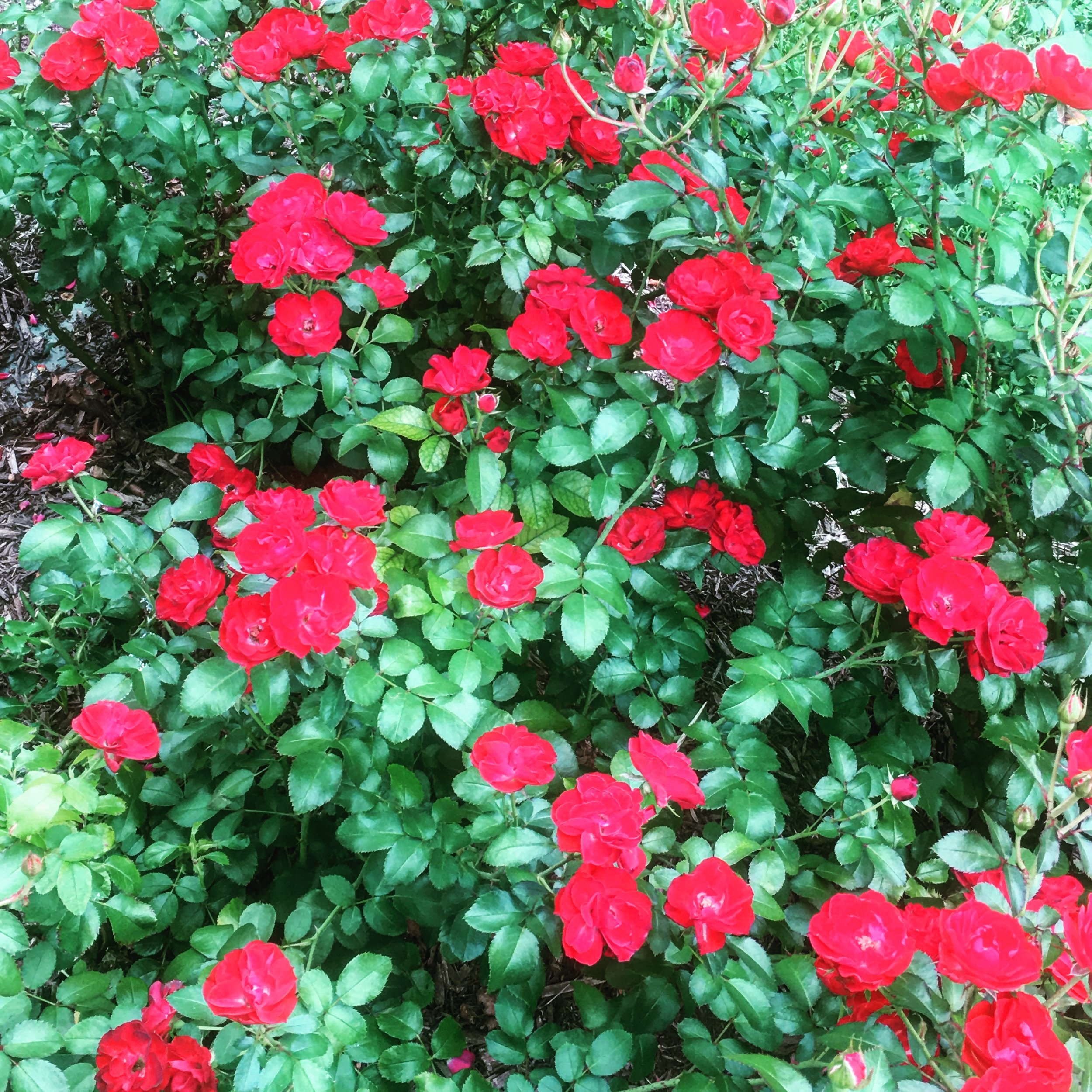The purpose of this study is to explore how people I interview engage in Earth-based food, medicine, and spiritual practices in their everyday lives and why. Ultimately, I hope this exploration will help shape a narrative of Earth-based practice based on the experiences people have in their everyday lives. I hope this approach can offer an emerging narrative of environmentalism and environmental practice that is based in people’s relationships with their bodies, the planet, and the philosophies, theories, and systems of devotion that help them to maintain right relationship with themselves, other people, and the planet.
Destiny Still Tryna Find the Best in Me: Science, Divination, and Owning My Calling to be a Researcher
I think Science (with a capital S) is a cultural system, a spiritual system. And, simultaneously, I believe that all cultural systems and spiritual systems are also scientific systems—ways of exploring the world, ways of discerning what is actually happening, ways of predicting the future. Even crazier (perhaps), I believe it’s possible to merge these different systems. I don’t believe in the separation of spirit and matter. And in reality, the separation of spirit and matter—even in western Science—is quite recent. A large piece of what I hope to contribute to the world lies in my ability to hold spirit and matter together in my own Scientific research, as a serious (formal) researcher.
Research as Spiritual Practice, Catalysts on the Journey & Fulfilling Your Destiny
I believe researchers must name why they do what they do on a personal level. I want you to know that my research isn’t just a job—it is one of the most personal and spiritual practices of my life. Given the public nature of this project, I want to be as clear as possible about my underlying motivations and intentions. I question the legitimacy of researchers who can’t do this, who don’t do this. It’s called a bias—everyone has one because there’s no such thing as objectivity. It’s problematic when people don’t know that they have bias or know what their biases are because certain perspectives are normalized.


